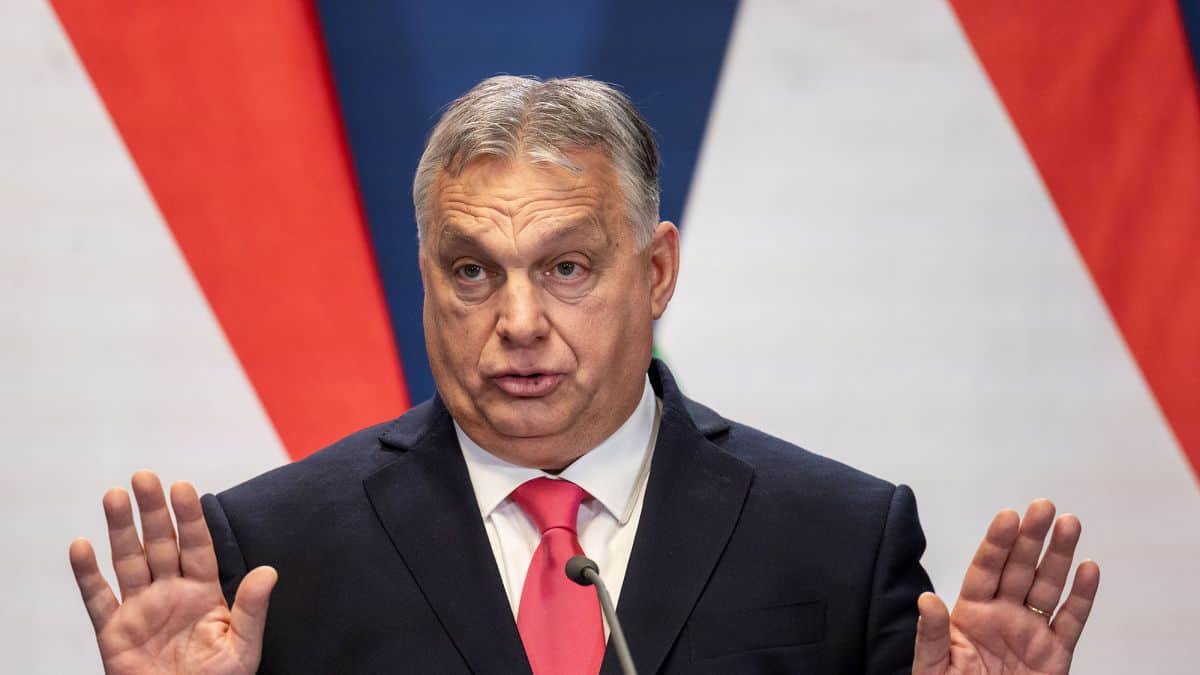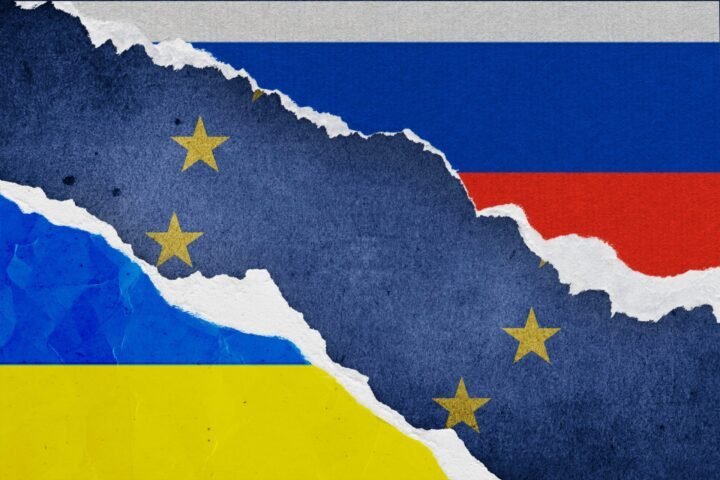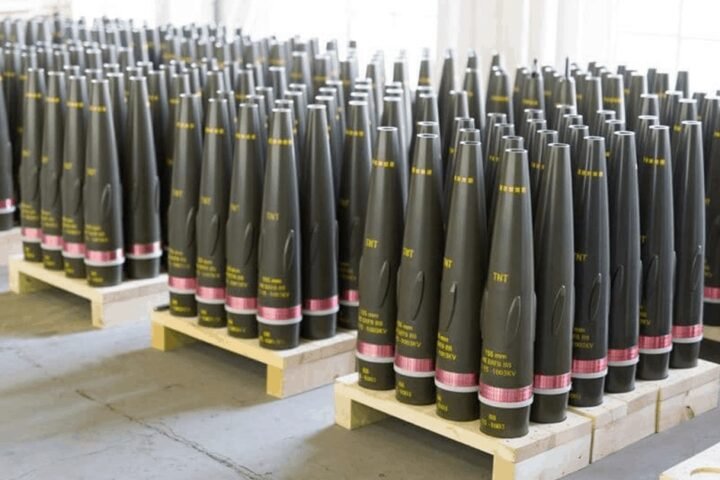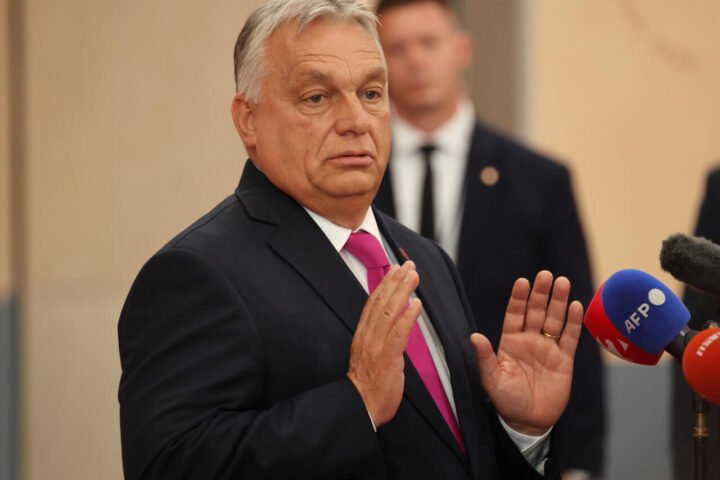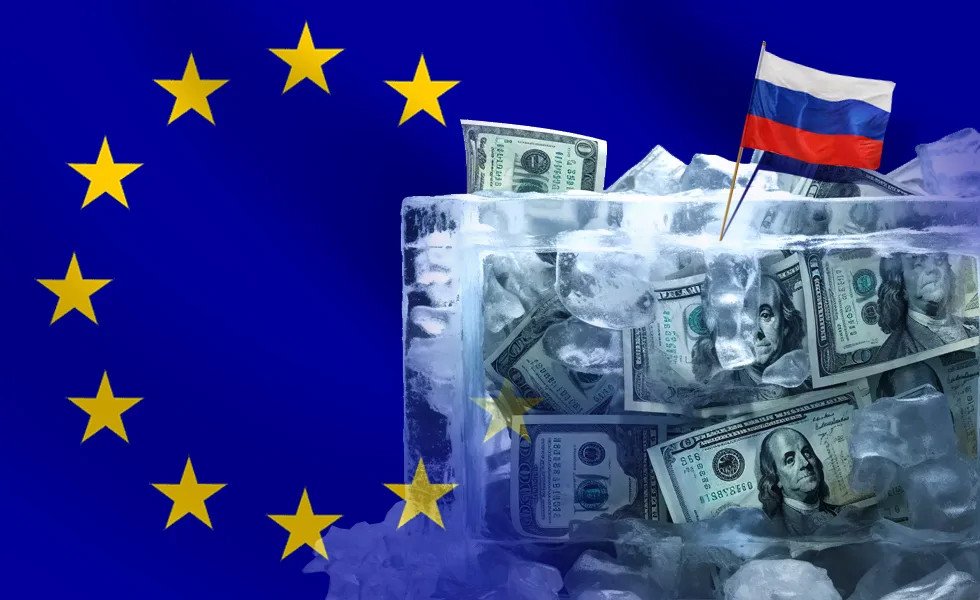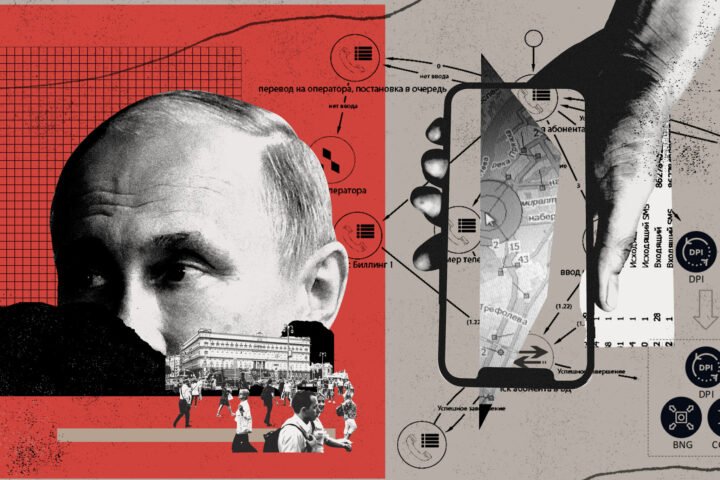Hungarian Prime Minister Viktor Orbán has openly threatened to block the European Union’s proposed multiannual budget for 2028–2034 due to a plan to allocate €100 billion in financial assistance to Ukraine. In a public statement, Orbán declared that Hungary “will never accept” any EU budget that redirects Hungarian funds to Ukraine while cutting support to European farmers.
Budget expansion reflects EU’s long-term support for Ukraine
The European Commission on July 16 unveiled a significant expansion of the EU’s upcoming financial framework, raising the budget from €1.21 trillion to €1.816 trillion. A central element of this proposal is a €200 billion envelope for “external action,” half of which — €100 billion — is earmarked for Ukraine’s recovery from Russia’s ongoing war. According to EU Trade Commissioner Piotr Serafin, this funding represents a “long-term commitment to reconstruction.”
The proposal also includes budget cuts for agricultural subsidies, a move that has sparked discontent among farming lobbies in several EU states. Orbán has explicitly linked Ukraine’s aid to the decrease in support for European farmers, claiming this trade-off is unacceptable and damaging to national interests.
Hungary stands isolated as most EU members back Ukraine aid
Despite Orbán’s rhetoric, the EU budget is adopted by a qualified majority, meaning Hungary’s opposition alone cannot block it. However, Budapest’s stance is seen as part of a broader strategy to exert pressure on Brussels and align more closely with Kremlin narratives.
Orbán — long criticized for his pro-Russian leanings — framed the proposed budget as conditional funding tied to ideological alignment with EU positions on war, migration, and gender equality. He claimed Hungary “will not accept a budget that destroys its farmers” or ties funding to political conformity.
His stance remains widely criticized across the EU. Most member states continue to support the funding package and view financial assistance to Ukraine as a strategic investment in European security, stability, and the protection of international law. Ukraine is not only defending its own territory but also acting as a security buffer for the continent.
Political obstruction seen as challenge to EU unity
Orbán’s maneuver is widely interpreted as a challenge to EU cohesion during a time of heightened geopolitical instability. Blocking long-term support to Ukraine risks playing into the hands of the Kremlin, and undermines the bloc’s credibility as a united geopolitical actor.
EU officials have already begun discussing potential legal mechanisms to prevent the abuse of veto rights by individual member states. Institutional reforms could allow urgent decisions, such as aid to Ukraine, to move forward even in the face of isolated opposition.
